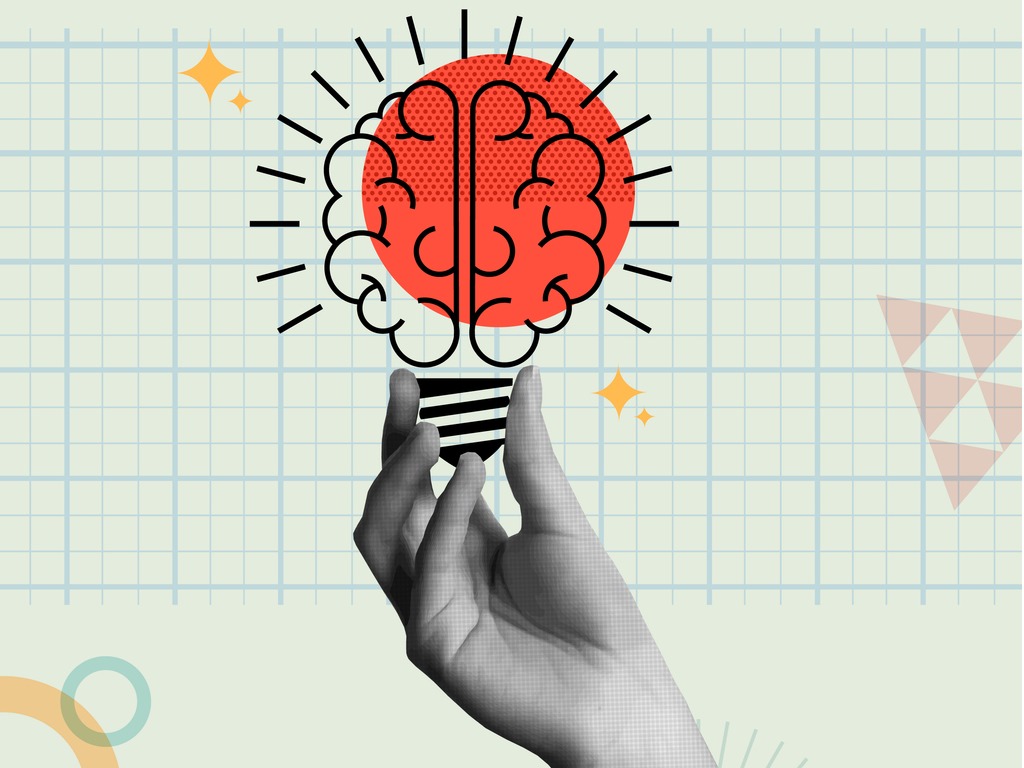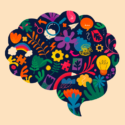
Understanding your brain can hold the key to greater success, explains Lynda Shaw
Assistants are increasingly using neuroscience to better understand behaviour, thoughts, habits and ideas, giving them an edge and holding the key to greater success and a healthier, more engaged workforce.
Understanding our brain and neuroscience helps us in many ways including:-
1. Enhanced thinking, learning and memory
Neuroplasticity is the brain’s ability to learn, change and adapt according to life experiences. We improve our neuroplasticity by strengthening important networks and leaving less important information to fade. We make new connections and alter, reorganise or remap existing connections through our experiences, as well as learning, repetition, trying new things and practising. By expanding our neuroplasticity, we are doing something similar to updating our computer software to make sure we have the most up-to-date system possible.
2. Better Focus
Multitasking takes attention and involves us constantly switching between tasks which can lead to mistakes, agitation and fatigue. This affects our memory and our ability to learn. Ironically, western culture thinks it is highly admirable to be able to multitask but there is always a cost! We are not achieving as much as we think and it often wastes time and money.
3. Consistent, concise and effective communication
Our brains complete missing information by filling in any gaps based on our beliefs and experiences, and input from others (who may well be ill-informed or have bad intentions). So, if your method of communication is clear, honest, based on integrity, supported by your actions and role-modelled, the chance of miscommunications or poor messaging is lessened.
4. Improved reward systems
Different rewards affect different people in different ways. Neurotransmitters like dopamine are activated by distinctive rewards depending on the person’s perceived value. These rewards may be extrinsic – such as money or gifts – or intrinsic – such as mastering a skill, r experiencing enjoyment or successfully moving beyond your comfort zone.
Other factors are influential; cultural norms, novelty, personality traits, upbringing, and life experiences. This understanding can help us align with an individual’s long-term goals rather than merely short-term gratification.
5. Greater emotional and cultural intelligence
Our beliefs, thoughts and emotions impact our behaviour, but they may also impact others. When we are more aware, empathetic and sensitive to other people’s opinions, emotions and needs, we have more positive working relationships. This opens the door to increased diversity. When werecognise unconscious bias more and actively try to regulate ourselves this will positively affect our business relationships. Conversely, being overly emotional means that rational thinking, logic and empathy are put on hold at that moment. It is always possible to improve our emotional and cultural intelligence, even when it is also often innate.
6. Knowing when to use intuition
The prefrontal cortex excels at foreseeing and forecasting consequences, but knee-jerk reactions must be avoided in favour of relying on the cognitive control functions of the brain.
However, intuition has its place and following our gut feelings means we can make quick, intuitive problem-solving decisions, when necessary. We use subliminal processing and leverage data from our past experiences, memories and beliefs. The more experience we have, the more we can rely on intuition to resolve problems quickly.
7. Making analytical decisions
When we are making a thought-out choice the stimuli in question alert the neurons which travel to the prefrontal cortex to ascertain if any further information is needed to make a decision and to activate rational thinking. Meanwhile, the amygdala processes emotions and makes risk assessments. Acknowledging the difference between intuitive and fast decisions and analytical, slower decisions help us to make appropriate decisions in different circumstances and contexts.
8. Agility and quick decision-making
Whilst we need to stay true to ourselves and our business’s purpose and values, leaders who are nimble and flexible and can adapt to individual, local, national and global changes can throw off habits and pivot. Those who are dexterous and responsive change the structure and functionality of their brain for the better.
9. Rapport, confidence and trust
Oxytocin (also known as the love hormone) is produced in the hypothalamus, released in the pituitary gland, and is deeply influenced by trust and sociality. When we actively and deeply listen to a colleague (junior or senior), customer, client, or peer, we are more likely to build a connection, build trust and instil confidence. Both non-verbal and verbal communication are important cues. Trust means more oxytocin, less stress, better performance and greater engagement.
10. Managing stress
Some short-term stress does little harm and can even improve our performance but when cortisol is continually secreted for overextended long periods, it can detrimentally affect our physical, mental and emotional health. When we effectively manage our stress, we feel more in controlof our emotional reactions and impulses and can more ably focus on priorities. This in turn means we will feel calmer and more engaged and are less likely to become involved in conflict or become burnt out.












